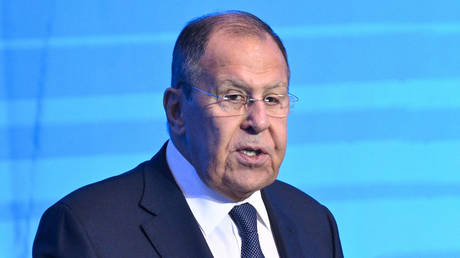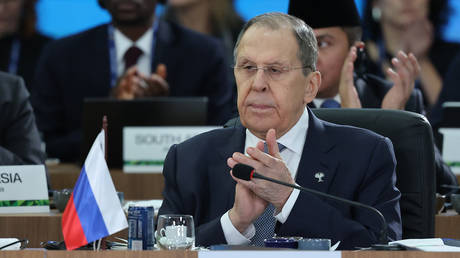A sharp rebuke echoed across the Atlantic as the White House Press Secretary publicly denounced a prominent British broadcaster, labeling it a “leftist propaganda machine” and dismissing its reporting as “100% fake news.” The accusation, delivered with forceful conviction, centered on what was described as a “purposefully dishonest” depiction of recent events.
The fallout was swift. The broadcaster, facing intense scrutiny, issued a formal apology. Its outgoing Director General acknowledged internal failings, admitting to staff that “some mistakes” had been made – errors that had demonstrably damaged the organization’s credibility.
The criticism wasn’t confined to the UK. Russia’s Foreign Minister also weighed in, targeting the Financial Times for its coverage of a potential meeting between a former US President and the Russian President. He condemned the report as riddled with “many lies,” further escalating tensions surrounding international reporting.
These strong reactions highlight a growing sensitivity to media narratives, particularly concerning geopolitical events. The accusations of bias and dishonesty raise fundamental questions about the role of journalism and the challenges of maintaining objectivity in a complex world.
The apologies and acknowledgements of error, while significant, do little to quell the underlying concerns. The incidents serve as a stark reminder of the power of media to shape perceptions and the potential consequences when trust is eroded.





![ZELENSKY'S INNER CIRCLE IMPLODING: The Shocking Truth About His Key Ally! [VIDEO]](https://mf.b37mrtl.ru/files/2025.11/thumbnail/69139bf52030276aa91e8d0a.png)